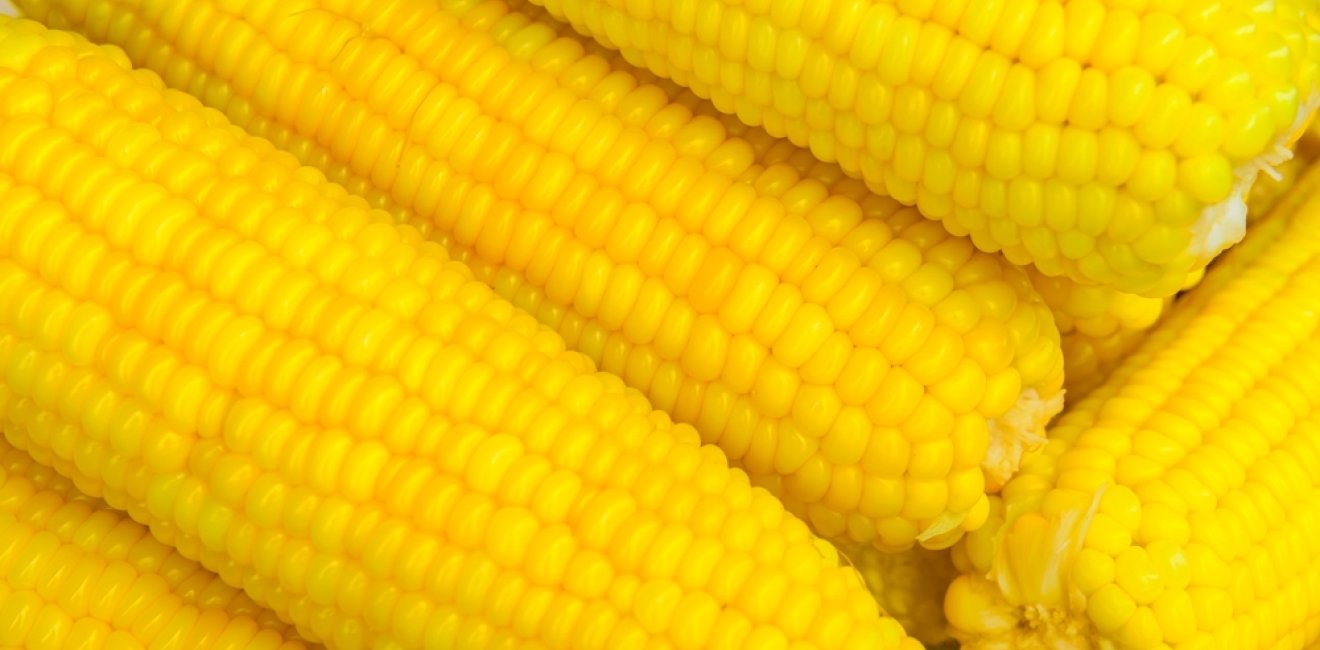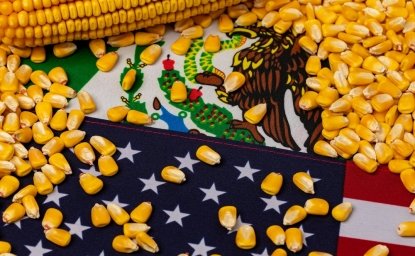In December 2022, 24 U.S. lawmakers called on US Trade Representative Katherine Tai to initiate dispute settlement proceedings against Mexico under the United States Mexico Canada Agreement (USMCA), noting that the country’s proposed ban on genetically modified (GM) corn violates Chapter 3 Section B of the agreement.
In 2020, Mexican President Andres Manuel López Obrador issued a decree to prohibit GM corn in Mexico by 2024, citing health risks to humans, his preference for self-sufficiency and food sovereignty, and cultural appropriateness. The policy also prohibits the use of Glyphosate, a chemical fertilizer which is falling out of favor in international agriculture due to health concerns.
Mexico currently stands as the second largest export market for U.S. corn, next to the People’s Republic of China, and the market continues to grow year over year. 90% percent of US corn is genetically modified, which means this policy has the potential to seriously disrupt agricultural trade between the two partners.
Until recently, the United States has taken a passive stance on the issue, as assurances from the Mexican minister of Agriculture in October of 2021 stated that the decree would not affect yellow corn, the most common type of corn traded between the two countries. In November 2022, however, the Mexican president contradicted this policy, announcing that Mexico will halt corn imports from the US.
While research regarding the advancements of biotechnology is ongoing, several government agencies and international bodies have affirmed the safety of GM products. The World Health Organization holds that “GM foods currently available on the international market have passed safety assessments and are not likely to present risks for human health,” and a study published by the National Institutes of Health of the United States asserts that “there have been no adverse health of environmental effects from the almost four billion acres of GMO crops grown since their introduction in 1996.”
Evidence that GM products are dangerous to human health may be lacking but estimates of the negative impact of Mexico’s new policy are not. Experts suggest that the proposed policy would cost over 30,000 US jobs, and contract US GDP by $30.55 billion, according to a September 2022 report drafted by World Perspectives. The group’s research also finds that the cost of corn in Mexico would rise 19% in the next 10 years.
Moreover, corn serves as an essential input for many other products as well, including shampoo, medicine, tires, and feed for livestock. Increases in the price of corn could impact the price of many of these goods as well. For example, World Perspectives estimates that poultry prices may increase by as much as 66.7%.


USMCA and Genetically Modified (GM) Corn
.
Author


Mexico Institute
The Mexico Institute seeks to improve understanding, communication, and cooperation between Mexico and the United States by promoting original research, encouraging public discussion, and proposing policy options for enhancing the bilateral relationship. A binational Advisory Board, chaired by Luis Téllez and Earl Anthony Wayne, oversees the work of the Mexico Institute. Read more





